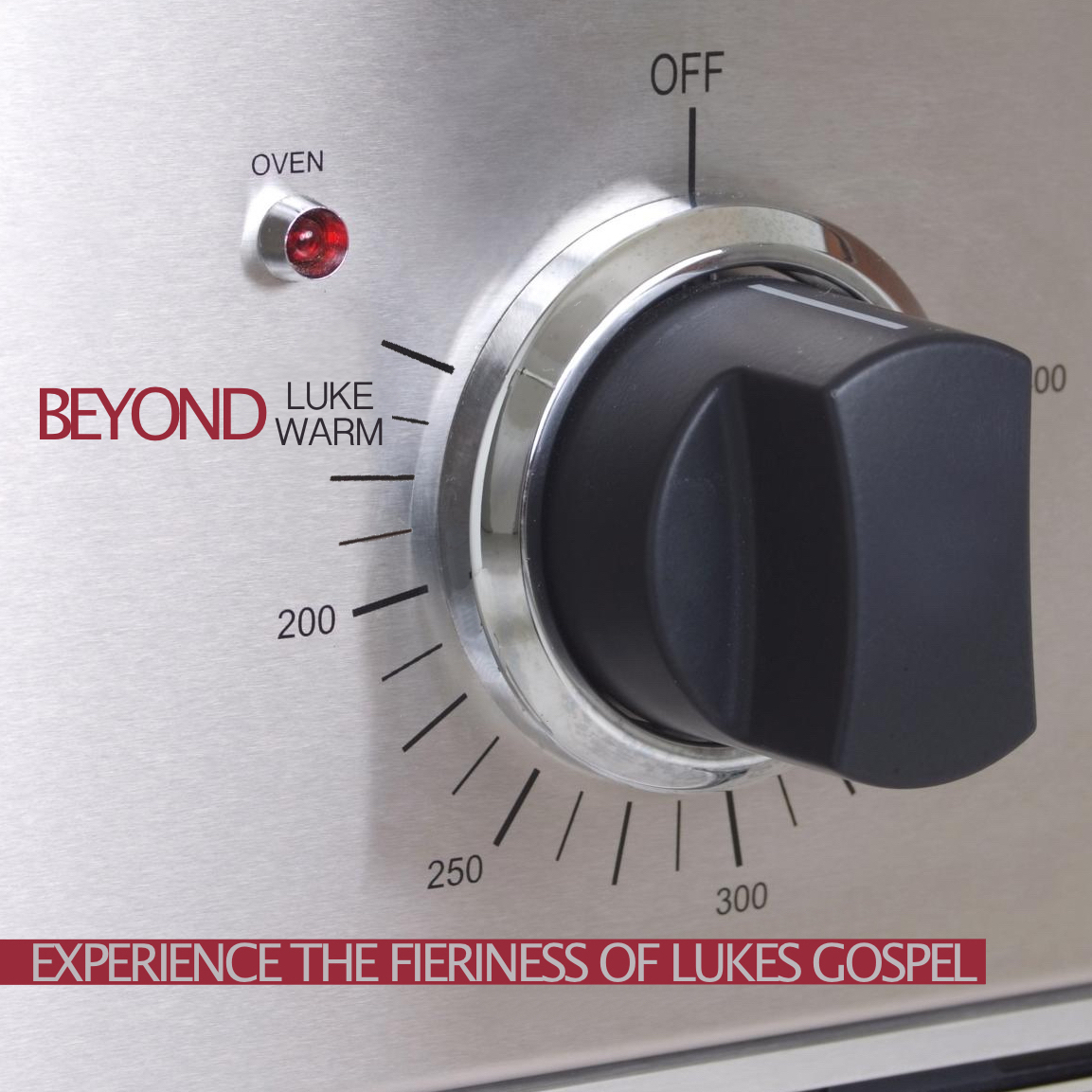
As we prepare to jump into reading Luke, let’s get some background information. I keep this fairly brief, as boredom protection, but I can elaborate on any point (just email). Before you start, take a moment to read the opening to Luke: Luke 1:1-4
Authorship:
While none of the Gospels are signed, the early church gave each a title after their understood author. While these titles, like chapter and verse numbers, were not a part of original manuscripts, most assume Luke authored the gospel. (It makes little sense to have made up an obscure church leader as the gospel’s author.)
So who was Luke? — Of course there are multiple “we” passages in Acts (assumed to be the author, all occurred with Paul, 16:10-17, 20:5-16, 21:1-18, 27:1-28:16). But the name Luke only occurs three times in the New Testament: Colossians 4:14, 2Timothy 4:11, Philemon 24. All quick references by Paul, though Colossians provides a detail, “our dear friend, Luke, the doctor”.
Luke’s writing reveals he is educated and familiar with the Greco-Roman culture. Which causes some to suggest Luke was a Gentile (Luke is a Greek name, not Jewish). But he is also very familiar with the Septuagint (Greek translation of the OT). So others suggest Luke was a Hellenistic Jew (Greek speaking, as opposed to the more traditional Hebraic Jews — See Acts 6).
Luke was not — as the opening verses reveal — an eyewitness (“handed down to us”). He sought out the testimony of others, which begs the question, who were his…
Sources:
Oral Sources — “handed down to us by those who from the first were eyewitnesses”: Early church tradition declares Paul as the source behind Luke (the “we” passages connected with Paul, and Paul’s references of Luke, bolster this point). Of course Paul was also not an eyewitness of Jesus. So who were Luke’s other sources? As with all Biblical scholarship this is much debated, but the best idea I have found is that some of Luke’s sources were named in his gospel and only in his gospel: Joanna (8:3, 24:10), Susanna (8:3), Cleopas (24:18).
Written Sources — “many have undertaken to draw up an account”: As one of the three synoptic gospels, Luke shares similarity with Mark and Matthew. Scholarship believes that Mark was written first and most likely used by both Luke and Matthew. Yet, there are entire passages nearly identical between Matthew and Luke. So it is assumed there is another shared source (titled “Q” – though it has never been uncovered). The diagram below outlines the multiple sources. Garland suggests 40% of Luke comes from Mark, 20% from “Q”, 40% from Lukan sources.

Purpose:
The opening statement sets out Luke’s purpose: “to write an orderly account, most excellent Theophilus, so that you may know the certainty of the things you have been taught.” In many ways it is the history of the church (especially when Luke is united with Acts, which should not be considered a separate work — Luke and Acts act as volume one and two of the same work). But as we know of any history, Luke is making a point in the events he chooses to reveal. Let me quote Joel Green:
“Throughout, the Lukan narrative focuses attention on the pervasive, coordinating theme: salvation. Salvation is neither ethereal nor merely future, but embraces life in the present, restoring the integrity of human life, revitalizing human communities, setting the cosmos in order, and commissioning the community of God’s people to put grace into practice among themselves and toward ever-widening circles of others.” (Green 24-5)
This focus on community and restoration may be most clearly seen in Acts as Luke establishes the place of Gentiles among the people of God (a radical shift from Jewish thought). In the gospel you will discover this focus in Luke’s treatment of the poor and outcast. Consider that Luke is the only gospel with the parable of the Good Samaritan or the Prodigal Son. Also consider how Luke puts the first beatitude: Matthew writes “Blessed are the poor in spirit.” But Luke simply writes, “Blessed are the poor.” Yet both retain the promise of the kingdom.
And it is from this idea that I came to our study’s title: Beyond Luke Warm. And the tag, “Experience the Fieriness of Luke’s Gospel.” I assume Theophilus**, to whom Luke writes, is a person of some importance and influence. Yet the thrust of Luke’s gospel is prophetically directed to the rich and powerful. He declares boldly the call of salvation is a call to change! And this call reaches to us, raising the temperature and taking us beyond Luke Warm faith!
** Interestingly the name Theophilus literally means “Friend of God”. Some have suggested this may be a pseudonym for the church. A fun idea. But every scholar I read noted that the name was very common, making it an unlikely choice for a clever nickname.

My sources:
- Exegetical Commentary on the New Testament: Luke by David Garland
- Interpretation: Luke by Fred Craddock
- NICNT: Gospel of Luke by Joel Green
- NIV Application: Luke by Darrel Bock
- Smyth and Helwys Bible Commentary: Luke by Richard Vinson
